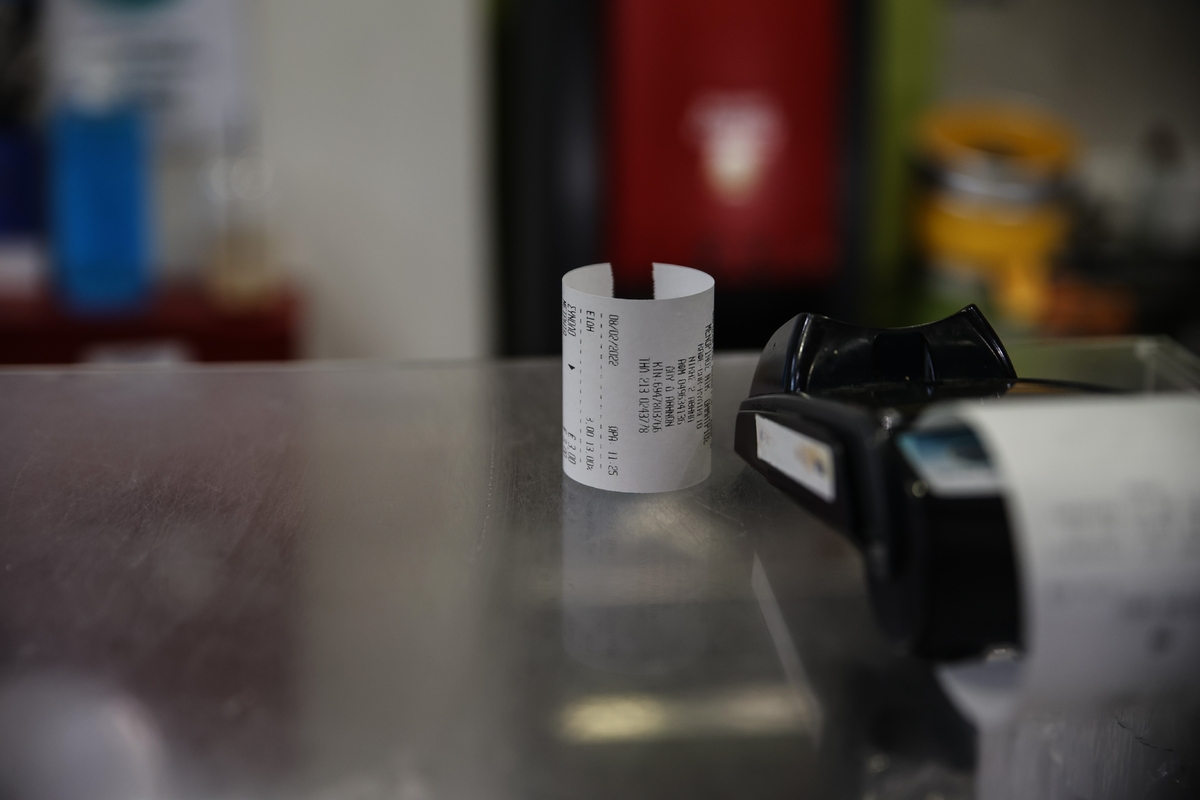
Mounting pessimism and declining turnover
The survey paints a grim picture for the future of small businesses in Greece. With turnover decreasing and operating costs rising by an average of 37.4%, the Economic Climate Index for small and very small businesses has fallen dramatically, from 63.9 points in late 2023 to 49.6 points in mid-2024. Over 46% of businesses reported a decline in turnover, while only 20.5% saw an increase. This decline is particularly pronounced in the commercial sector, where nearly 58% of businesses reported falling revenues.
The worsening outlook is further highlighted by the Viability Index, which shows that 3.2% of small businesses are at immediate risk of closure. Pessimism among business owners has also risen slightly, with the uncertainty index* increasing to 36.6 points.
Increased prices and impact on liquidity
While inflation has driven up costs, it has also forced some businesses to raise prices. About one in three businesses increased prices in the first half of 2024, with the highest price increases reported in the trade sector (37.1%). Larger businesses, those with an annual turnover exceeding €100,000, were more likely to raise prices compared to smaller enterprises.
Despite these efforts, liquidity remains a critical issue, especially for the smallest businesses. Nearly 30% of businesses reported having no available cash, and 22.5% said they had just one month’s worth of cash reserves. The situation is particularly dire for micro-enterprises, with 40.49% of businesses without staff reporting zero cash reserves.
The liquidity challenges are most pronounced in the catering industry, where 30% of businesses reported having no cash reserves, and 37.1% said they had enough for only a month.
Employment trends and skill shortages
Despite the grim financial outlook, employment figures showed some improvement. In the first half of 2024, 10.3% of businesses reported increasing staff, while 6.6% reduced their workforce. Employment growth was strongest in the manufacturing sector, where 15.1% of businesses added staff, reversing a negative trend from earlier in the year.
However, skill shortages remain a significant issue. Over a third (35.2%) of businesses reported difficulties in finding qualified employees, particularly in the manufacturing sector. The most sought-after workers are skilled craftsmen, machine operators, and employees in the tourism and catering industries.
Wages were identified as a key factor in this shortage, with 41.3% of businesses citing non-competitive pay as the main obstacle to hiring, while 36.9% blamed the government’s bonus policies.
Outlook and recommendations
As the liquidity crisis deepens, small business owners remain pessimistic about the future. Just 17.2% of businesses reported an increase in orders during the first half of 2024, while 47.3% reported a decrease. Additionally, 43.1% of businesses have debts of up to €10,000, while 7.9% owe more than €100,000.
*The “uncertainty index” reflects the percentage of businesses in the GSEVEE surveys that report a high or moderate likelihood of ceasing operations in the near future.
______________________________________________
Are you seeking news from Greece presented from a progressive, non-mainstream perspective? Subscribe monthly or annually to support TPP International in delivering independent reporting in English. Don’t let Greek progressive voices fade.
Make sure to reference “TPP International” and your order number as the reason for payment.